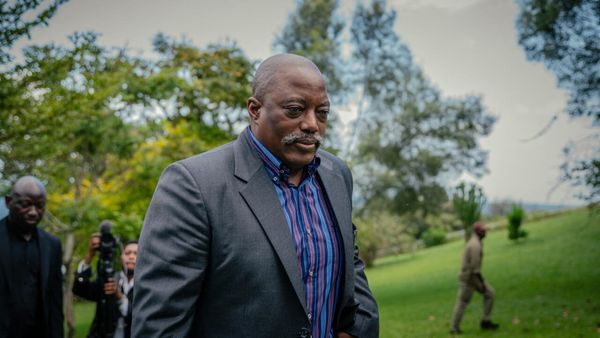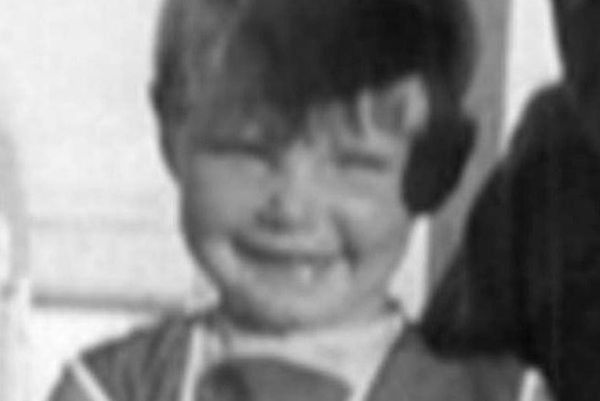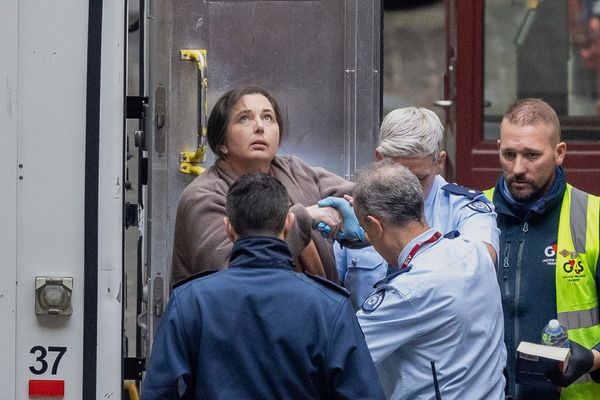
Britain will stop Russia selling sovereign debt in London as part of a “very serious package” of sanctions that will “inflict pain” on Vladimir Putin, Liz Truss has said.
As the Conservative party came under increasing pressure to sever links with wealthy Russian donors, the foreign secretary announced that a ban on the sale of sovereign debt, issued as bonds by governments in foreign currencies to finance growth and development, was part of a package of measures announced after Putin deployed military forces into two territories in eastern Ukraine on Tuesday.
“We’ve been very clear that we’re going to limit Russian access to British markets,” Truss told Sky News. “We’re going to stop the Russian government with raising sovereign debt in the United Kingdom.
“There will be even more tough sanctions on key oligarchs, on key organisations in Russia, limiting Russia’s access to the financial markets, if there is a full-scale invasion of Ukraine.”
The prime minister and the Treasury had called in finance bosses and regulators to discuss how to ensure recently announced sanctions against Russia were effective, the BBC reported. In order to limit sovereign debt sales in London, Britain would need additional legislation, according to western officials.
Boris Johnson revealed a package of asset freezes on five Russian banks and three wealthy people on Tuesday but faced criticism from Conservative MPs for not going further.
Truss said the government was taking an “escalatory approach” with international allies, adding that she believed Putin was “hell-bent” on a full-scale invasion of Ukraine, including the capital, Kyiv.
“We will agree a further package in the event, which we think is highly likely, of a full-scale invasion into Ukraine,” she told BBC Radio 4’s Today programme. “We don’t want to be in the situation … where we’ve got nothing left in the locker.
She added: “Nothing is off the table in terms of who we’re targeting.”
The former foreign secretary Jeremy Hunt told the Today programme that if the UK was to avoid “being two steps behind in the diplomatic chess game” it had to take Putin by surprise.
“The most important is to do sanctions – economic and financial sanctions – that are tough enough and last long enough to reduce the ability of the Russian state to finance the Russian military. And that means we have got to be prepared to dig in for the long term.”
The Conservative party is also coming under increasing pressure to break links to Russian oligarchs who have donated more than £2m to the party. On Wednesday the shadow foreign secretary, David Lammy, said there was “too much connection between Russian oligarchs” and donations to the Conservative party.
“Give it back [and] send a message that we’re serious,” Lammy told Kay Burley on Sky News. “It sends a statement. If the money is Russian-linked, if there’s any suggestion that some of it has come from oligarchs who might be close to Putin – give the money back.”
But Truss told Today that the accusation the UK was not tougher on Russia because the Conservative party had taken donations from people close to the Putin regime was “completely wrong”.
Asked by Burley on Sky News if the party would be returning the donations, Truss avoided the question and said all donations were made by British citizens and were properly declared. Pushed on whether the oligarch Roman Abramovich was facing sanctions, as Johnson stated in parliament, Truss said the prime minister “misspoke” and the record would be corrected.
Asked whether the Champions League final – due to be held in St Petersburg on 10 June – should go ahead in Russia in light of the crisis in Ukraine, Truss said: “I’m very clear it shouldn’t be.”







